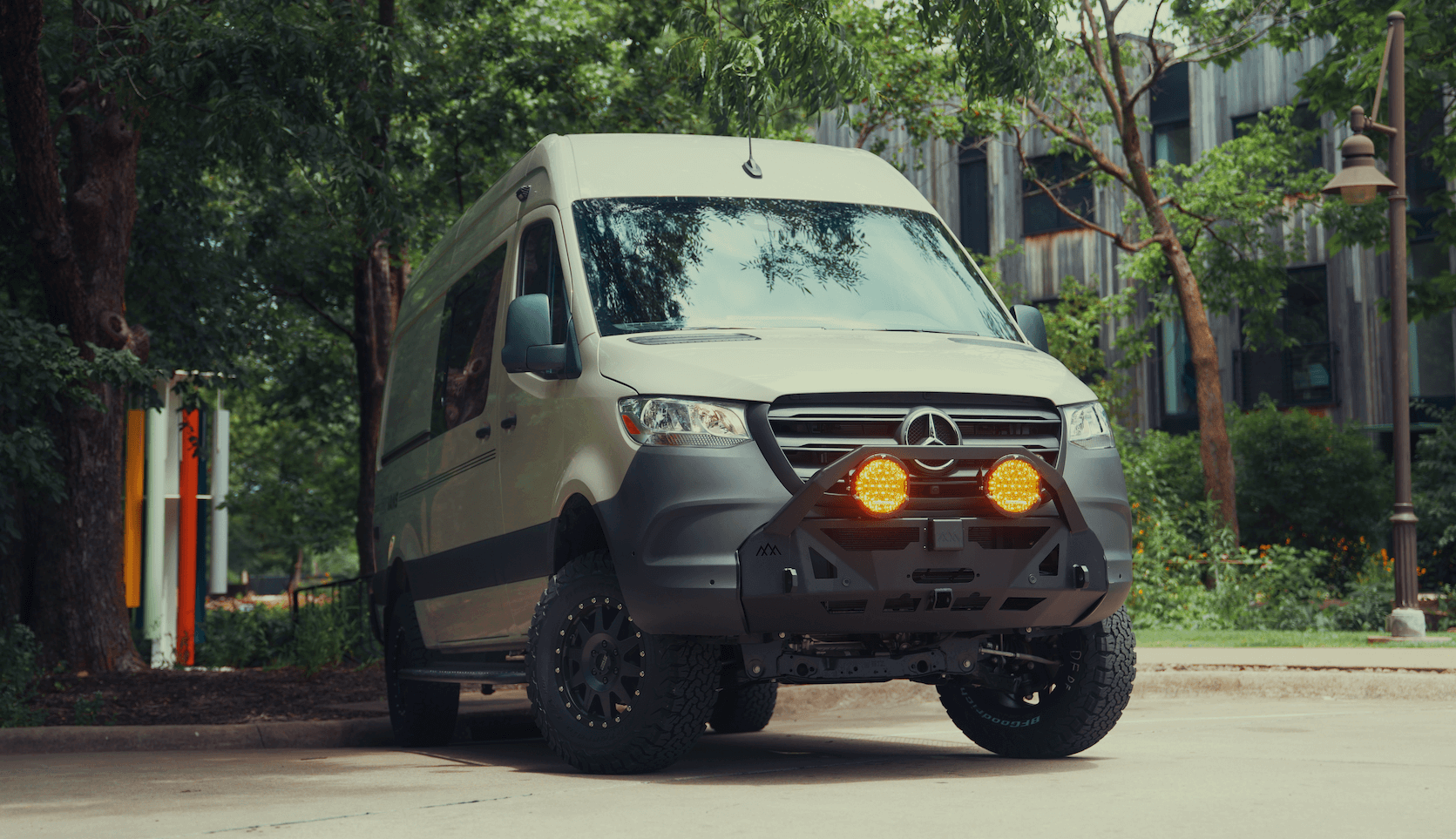Recreational Vans

Van build courses are structured programs that show how to transform an empty cargo shell into a safe and functional travel space. A solid curriculum begins with needs analysis and space planning, then moves into materials selection, weight management, and layout tradeoffs. Expect lessons on insulation types and moisture control, from closed cell foam to wool, along with vapor behavior and thermal bridges. Quality courses walk through electrical planning for off grid use, including battery chemistry basics, wire sizing, fusing, charging paths from alternator, shore, and solar, and safe placement of components. Many programs cap it with cabinetry, bed systems, ventilation, and water management so the rig is both comfortable and reliable on the road.
Look for a progression that starts with design principles, then moves into structural elements like mounting points and subfloor systems. From there, power planning, lighting circuits, and DC distribution should be demonstrated with diagrams and real parts. The best courses close with finish work, trim, and how to test and troubleshoot every system before your first trip.
Learners should handle basic carpentry tools, a drill and driver set, and measuring squares for accurate cuts. On the electrical side, expect crimpers, heat shrink, a multimeter, and torque tools for lugs and bus bars. Materials often include marine grade wire, sealed connectors, and moisture resistant ply for cabinets.
Good instruction stresses battery ventilation, correct fuse placement near sources, proper grommets through metal, and strain relief. It also covers safe propane routing or safer electric cooking options, water system sanitation, and a methodical checklist before operation.
Van build courses come in two main formats. Online courses offer video modules, reference downloads, and community forums you can revisit at your own pace. In person workshops provide shop time, supervised practice, and immediate feedback that shortens the learning curve. Some learners blend both by watching a complete online series, then attending a focused hands on weekend for electrical or cabinetry.
Scan for clear resumes and finished rigs you can study. Portfolios, photo journals, and system diagrams show whether the instructor builds to a high standard. Student outcomes matter too. Look for before and afters, testimonials that mention reliability over time, and detailed examples of systems that passed inspection or third party review.
Courses range from budget friendly video libraries to premium multi day workshops. Factor in tools you will buy, consumables, and travel if you attend in person. Be realistic about your calendar. A great course saves guesswork, but your first full build still demands many weekends of focused work to meet safe and clean standards.
Online learning shines for theory, wiring diagrams, and repeating complex steps on demand. In person training wins for tricky operations like square cabinetry in curved spaces, proper crimps, and diagnostic habits. Pick the mix that best fits your learning style and timeline.
Courses exist to help you avoid mistakes that can be expensive or unsafe. Electrical missteps top the list, including undersized cable, missing fuses near batteries, and poor terminations that overheat. Moisture control is another frequent issue, where improper insulation or gaps cause condensation, mold, and hardware corrosion. Structural fastening matters too. Racks, cabinets, and seats must anchor to appropriate points so loads do not shift under braking or on rough roads.
Quality courses teach how to size battery capacity to your daily loads and seasonal sun. They address inverter selection, surge handling for appliances, and alternator charging limits to protect the vehicle. They also cover wire routing techniques that respect service loops and prevent chafe.
Expect guidance on roof fan sizing, intake and exhaust placement, and window options. For climate control, courses compare fuel fired heaters, heat pumps, and ventilation strategies that reduce moisture while keeping noise down.
Even small plumbing loops benefit from best practices. Instructors should cover potable hose types, winterization steps, pump placement, expansion space, and venting for grey water so drains work quietly.
If your research into van build courses has you excited but your schedule is packed, there is another path. OZK Customs builds complete adventure vans with pro level electrical, smart storage, and refined finishes so you can focus on the journey rather than the learning curve. Explore our recreational builds to see what a purpose built rig looks like in practice at recreational vans.
For drivers who want a blank canvas turned into a dialed home on wheels, our team designs and executes full custom projects that reflect how you travel. Review what a tailored process looks like at custom van build. If you prefer a platform that can qualify for financing while still getting the essentials, see our options at mainstream vans.
OZK Customs does not offer van build courses or assist with DIY builds. We are a custom builder that listens first and builds second, delivering reliable rigs with the right power, layout, and storage for your adventures. When you are ready to turn ideas into a finished van, reach out and we will map the build, timeline, and budget together.
Final step Share your travel goals, passenger count, gear list, and any must have comforts. Our team will turn that wish list into a detailed plan and a clean, safe, road ready van.
Ready to skip the classroom and drive your dream rig sooner? Tell us how you travel and what you need onboard. OZK Customs will design and build a turn key adventure van with pro grade power, storage, and finish work. Submit the form to start your custom build plan and get a clear timeline and budget.
ADDRESS:
6159 E Huntsville Rd, Fayetteville, AR 72701
PHONE:
(479) 326-9200
EMAIL:
info@ozkvans.com